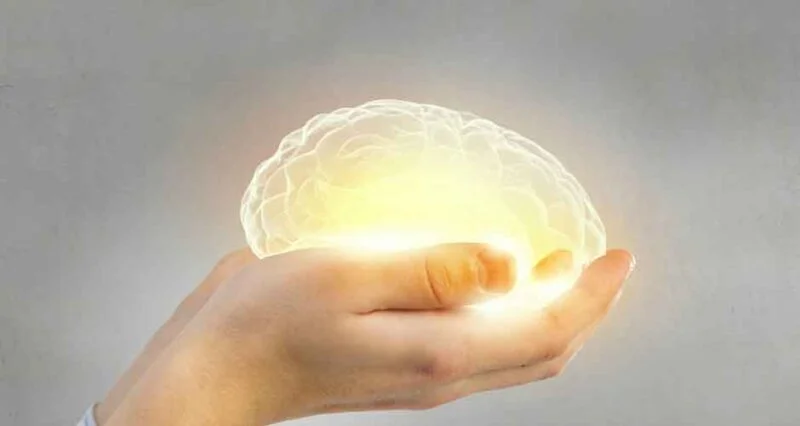
Recovering from addiction entails treating the mental health issues that frequently accompany addiction in addition to quitting substance use. Maintaining long-term sobriety and general well-being during addiction rehabilitation requires supporting your mental health. This post will look at seven practical methods to help mental health while in recovery.
Seek Professional Help:
Getting expert assistance, such as from professionals at a drug rehab in Austin, is one of the most important elements in supporting mental health throughout addiction recovery. Psychiatrists, counselors, and licensed therapists are experts in treating mental health concerns and are able to offer individualized care and assistance. You can investigate underlying feelings, traumatic experiences, and triggers that lead to addiction during individual treatment sessions. Therapy also provides helpful coping mechanisms and techniques for handling depression, anxiety, and stress, enabling you to overcome the obstacles of recovery with greater effectiveness.
Prioritize Self-Care Practices:
When it comes to preserving mental health throughout addiction treatment, self-care is crucial. Taking part in rejuvenating, self-nurturing, and relaxation activities can reduce stress and improve general well-being. Make self-care routines a priority, including regular exercise, enough sleep, a healthy diet, mindfulness meditation, and fulfilling hobbies. Maintaining your physical well-being has a direct effect on your emotional well-being, making you feel more robust, balanced, and capable of navigating all aspects of rehabilitation.
Build a Support Network:
Having a robust support system is crucial for maintaining mental health when recovering from addiction. Be in the company of sympathetic, upbeat people who encourage and support your sober journey. Family members, acquaintances, sponsors, peers from support groups, and other people in the recovery community can be a part of this network of support. Being able to rely on others for support, understanding, and responsibility might make you feel like you belong and less alone. Establishing and maintaining meaningful connections and receiving continuous support may be achieved by regularly connecting with your support network through meetings, social events, and one-on-one interactions.
Practice Mindfulness and Stress Reduction Techniques:
During the recovery process from addiction, mindfulness and stress-reduction methods are useful tools for maintaining mental health. Deep meditation, deep breaths, and yoga are examples of mindfulness activities that can support you in maintaining your composure and presence of mind, even in the face of difficult emotions or urges. By fostering self-awareness, emotional control, and acceptance, these practices help you respond to cravings and triggers more deftly. Throughout your recovery path, create inner peace, toughness, and emotional balance by including mindfulness and stress-management methods in your daily routine.
Set Realistic Goals and Celebrate Achievements:
Encouraging accomplishments and establishing reasonable objectives is crucial for sustaining drive and enhancing self-worth while undergoing addiction treatment. Divide more ambitious recovery objectives into more doable, quantifiable, and smaller milestones. Whether it’s finishing a specific number of days clean, reaching an interpersonal milestone, or conquering a particular obstacle, acknowledge and celebrate each milestone and success along the journey. Acknowledging your perseverance and development strengthens your will to get better and gives you a sense of achievement that improves your mental health.
Stay Engaged in Meaningful Activities:
Participating in worthwhile pursuits that correspond with your beliefs and passions is essential for maintaining mental well-being while overcoming addiction. Follow your passions, interests, and pastimes that make you happy, fulfilled, and purposeful. Taking part in meaningful activities outside addiction, such as volunteering, artistic expression, outdoor recreation, or community service, helps people feel connected and purposeful. These pursuits offer chances for development on a personal level, social engagement, and self-expression, all of which enhance the quality of life in recovery.
Practice Gratitude and Positive Thinking:
During the recovery process from addiction, cultivating thankfulness and optimistic thinking can have a significant influence on mental health. Develop an attitude of thankfulness by recognizing and celebrating all your life’s blessings, no matter how little. To keep track of your daily blessings, happy moments, and healing progress, keep a gratitude diary. Furthermore, confront negative thinking patterns and self-talk by rephrasing them in a way that is more powerful and constructive. You may improve your resilience, optimism, and general mental health by adopting a grateful and positive mindset, which will help you on your path to long-term sobriety.
Conclusion
Supporting your mental health during the addiction treatment process is crucial to laying the groundwork for long-term sobriety and overall well-being. You may support your mental wellness and succeed in your recovery path by getting professional treatment, making self-care a priority, creating a support system, engaging in meaningful activities, practicing mindfulness, establishing realistic objectives, and developing appreciation. Recall that getting well is a process, and it’s acceptable to ask for help and direction when you need it.

